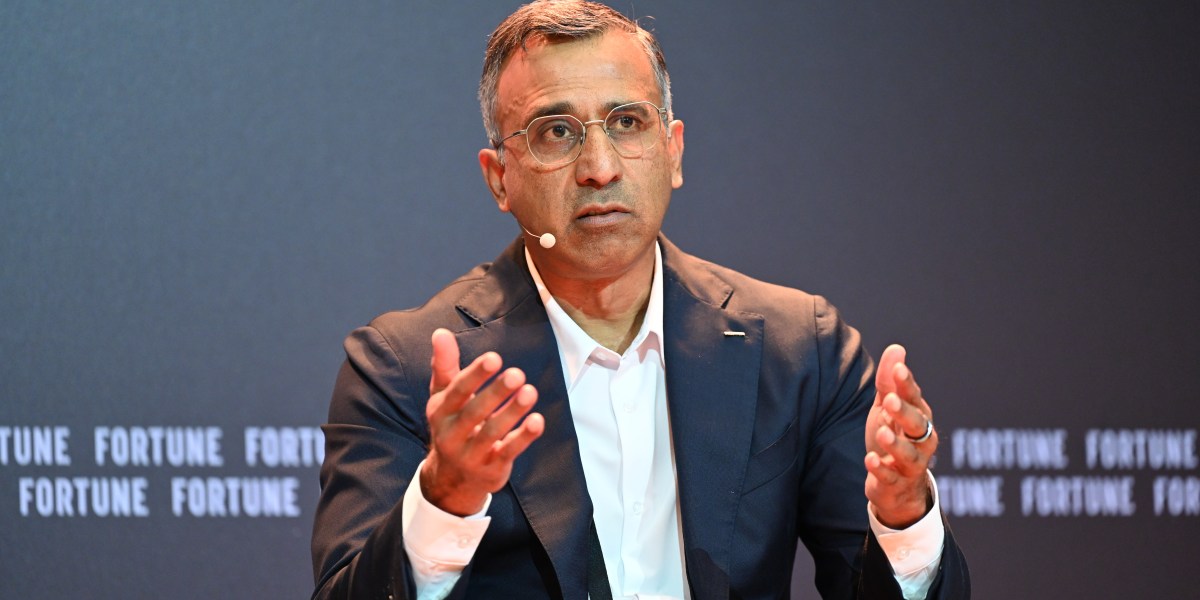Israel-based esh Bank has revealed plans to launch a revenue sharing model with its customers, starting in early 2026.
The bank’s equal sharing model will allocate 50% of the interest revenues generated from customer deposits back to their accounts on a weekly basis.
esh Bank offers digital banking services including checking accounts, loans, and credit cards, without the imposition of account fees.
The bank’s technological infrastructure, eOS, is an AI-native core banking platform that integrates multiple banking functions to enhance operational efficiency and eliminate the need for manual processes.
esh Group CEO and co-founder Yuval Aloni said: “At esh Bank, we’re proud to introduce the first fully transparent banking experience. We’ve built a model designed to empower customers with clarity, efficiency, and confidence in their finances. By making banking simpler and more transparent, we’re creating a foundation where both our customers and the bank can thrive together.”
The digital bank forged partnerships with entities such as AWS for cloud services, SWIFT for financial messaging, and Mastercard for issuing licences.
According to Bloomberg, esh Bank has raised NIS110m ($33m) in funding.
esh Bank, which operates without physical branches, has appointed Shmuel Hauser, the former head of the Israel Securities Authority, as its chairman.
The bank is currently engaging with potential investors to secure further capital, the news publication reported, citing esh Group director and investor Nir Zuk.
Despite reporting a loss of NIS268m in 2024, the bank’s customer base stood at over 130,000 at the end of the year, the report said.
Zuk said: “Technology has always been, for me, a tool to create major changes. esh Bank is an example of how it’s possible to transform an entire industry – the way a bank operates and the way it serves customers. It’s not just a new bank, but a new way of thinking about efficiency, innovation, and value.”
“Israel’s esh Bank to implement revenue sharing model with depositors ” was originally created and published by Retail Banker International, a GlobalData owned brand.
The information on this site has been included in good faith for general informational purposes only. It is not intended to amount to advice on which you should rely, and we give no representation, warranty or guarantee, whether express or implied as to its accuracy or completeness. You must obtain professional or specialist advice before taking, or refraining from, any action on the basis of the content on our site.

























